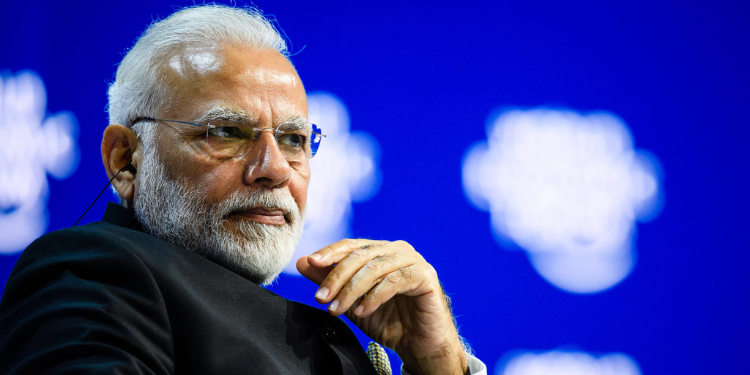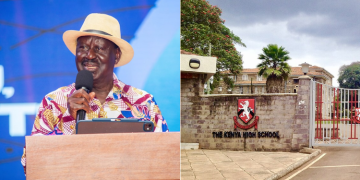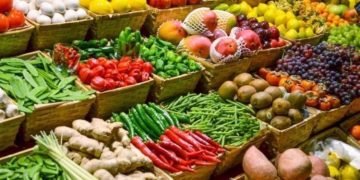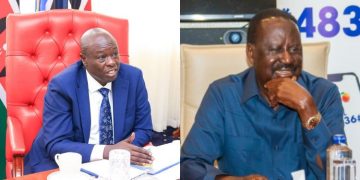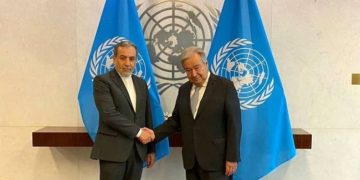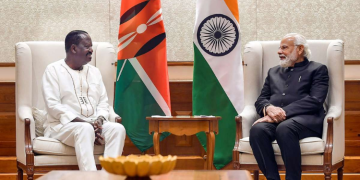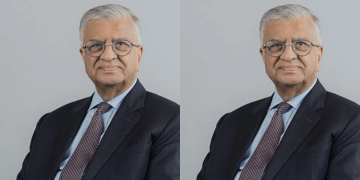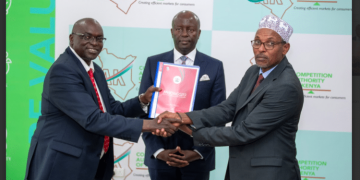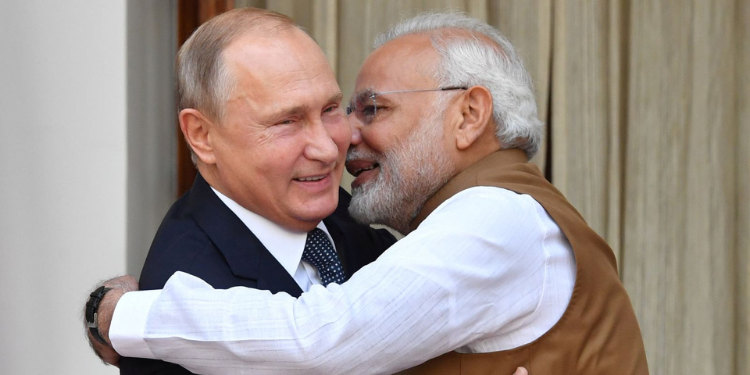US President Donald Trump has added pressure on European nations to impose even stricter sanctions on India, specifically targeting its oil and gas trade, due to India’s continued purchases of Russian crude oil, which the U.S. claims are helping fund Russia’s war in Ukraine.
Trump Pressure Campaign
President Trump has openly accused India of profiting from the war in Ukraine by purchasing and reselling Russian oil, framing it as a betrayal of global efforts to isolate Russia.
The U.S. has furthermore blamed India for prioritizing economic gains over ethical responsibility in the face of Russian aggression.
On August 31, 2025, Chinese President Xi Jinping, Russian President Vladimir Putin, Indian Prime Minister Narendra Modi, and Turkish President Recep Tayyip Erdoğan, all accompanied by top government officials, met in Tianjin, China, to discuss how to challenge US-led, Western-dominated blocs.
This was followed by a bilateral meeting between India’s Narendra Modi and Russia’s Vladimir Putin, a decision that left President Donald Trump bitter after recent efforts to push Russia away from the rest of the economic world.
The U.S. is using its influence in NATO and trade negotiations to pressure European allies into aligning with its stance on India.
Trump’s decision is a shift in U.S. foreign policy, where energy trade is being weaponized to enforce geopolitical objectives.
These developments are expected to dominate discussions at the Shanghai Cooperation Organisation (SCO) summit in Tianjin.
The U.S. already raised tariffs on Indian goods to 50% on August 27th, 2025, accusing India of reselling Russian oil and profiteering from the war.
The White House, through Press Secretary Karoline Leavitt, referred to these tariffs as “sanctions” on August 19, 2025, emphasizing their intent to apply “secondary pressure” on Moscow.
Also Read: NPS Confirms Death of Kenyan Police Officer in Haiti
The U.S. is also using strong language in diplomatic channels and media briefings to signal that continued trade with Russia will carry consequences, even for allies like India.
Modi–Putin Bilateral Meeting
India and Russia have maintained their stance regarding trade deals between the two nations after both Modi and Putin reaffirmed the strength of the India–Russia relationship, describing it as principled and multifaceted.
The two leaders arrived together at the meeting venue in a joint car ride, signaling unity and mutual respect.
Speaking after the first session of the SCO summit, the leaders reported the partnership spans defense, energy, trade, and technology, and both sides expressed commitment to expanding cooperation.
This gesture followed Modi’s plenary address and bilateral talks with Xi Jinping, marking a day of high-level diplomacy.
Modi welcomed recent mediation efforts between Russia and Ukraine and expressed hope for a peaceful resolution.
Putin is expected to visit India in December, further deepening strategic ties as the leaders are exploring new frameworks for cooperation that bypass Western-dominated institutions.
While not directly addressing U.S. tariffs, Modi’s emphasis on economic opportunity and connectivity suggests India is seeking to diversify partnerships and strengthen regional trade to offset Western pressure.
Also Read: Not Dead Yet: Trump Breaks Silence After Days of Health Speculation
India may deepen energy ties with Russia, Iran, and Gulf nations, accelerating a shift away from Western-dominated energy markets and payment systems.
Geopolitical Fallout
The tariff hikes and sanction threats have led to a sharp deterioration in diplomatic ties between Washington and New Delhi, subsequently affecting defense and technology cooperation.
The U.S. push for Europe to sanction India could derail ongoing India–EU trade negotiations, especially if Brussels aligns with Washington’s stance.
In India, the moves have triggered a wave of nationalist backlash, with Prime Minister Modi promoting a “Swadeshi” (self-reliance) campaign to reduce dependence on Western markets.
The Swadeshi movement has sparked calls to boycott American brands, including Pepsi, McDonald’s, and Coca-Cola.
Modi urged citizens to celebrate the upcoming festivals, Navratri, Vijayadashami, Dhanteras, and Diwali, by buying only Made-in-India products.
He called these celebrations not just cultural, but also a celebration of self-reliance, encouraging shopkeepers to display boards outside their establishments declaring that they sold Swadeshi goods, thereby turning local markets into symbols of economic nationalism.
Follow our WhatsApp Channel and X Account for real-time news updates.
